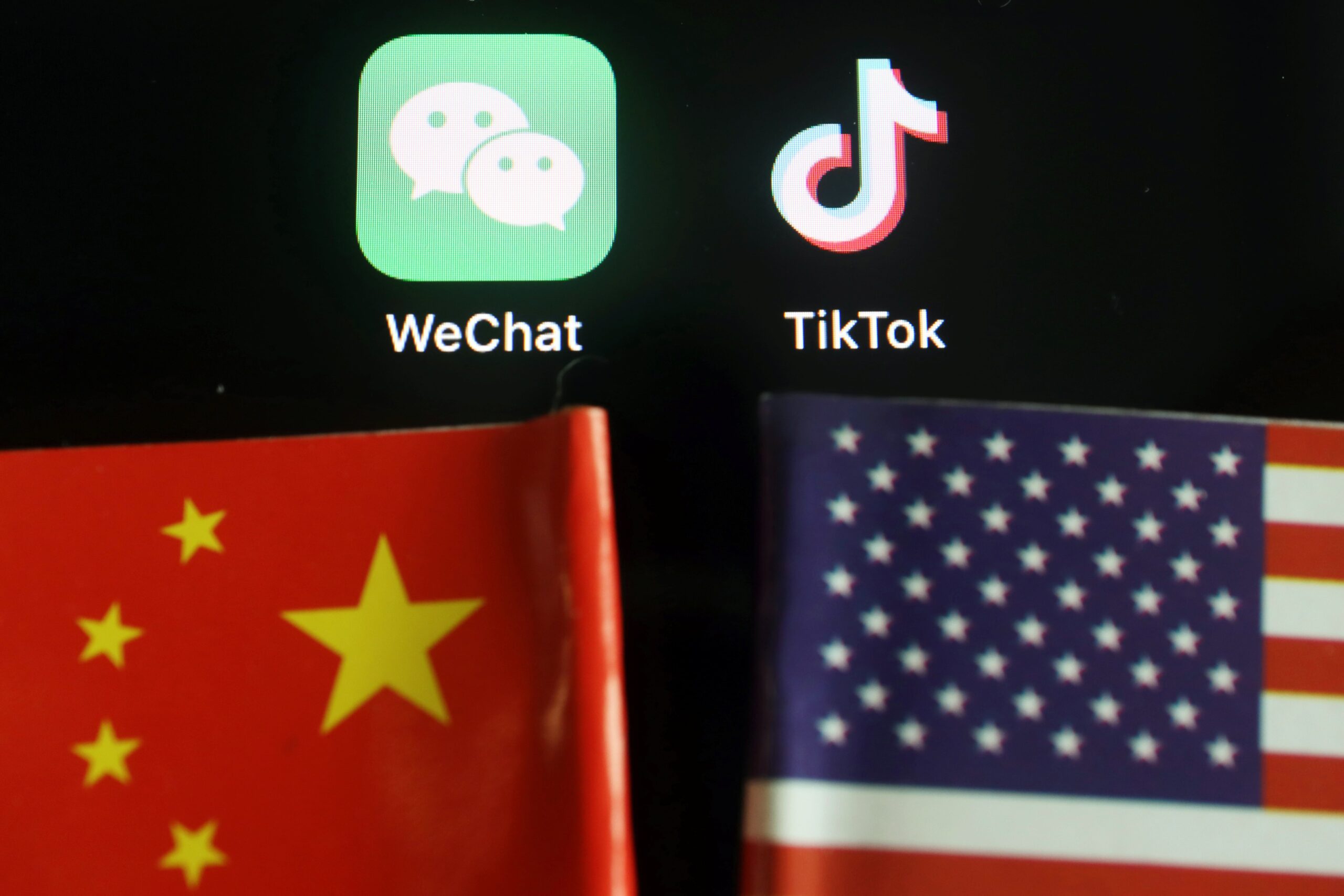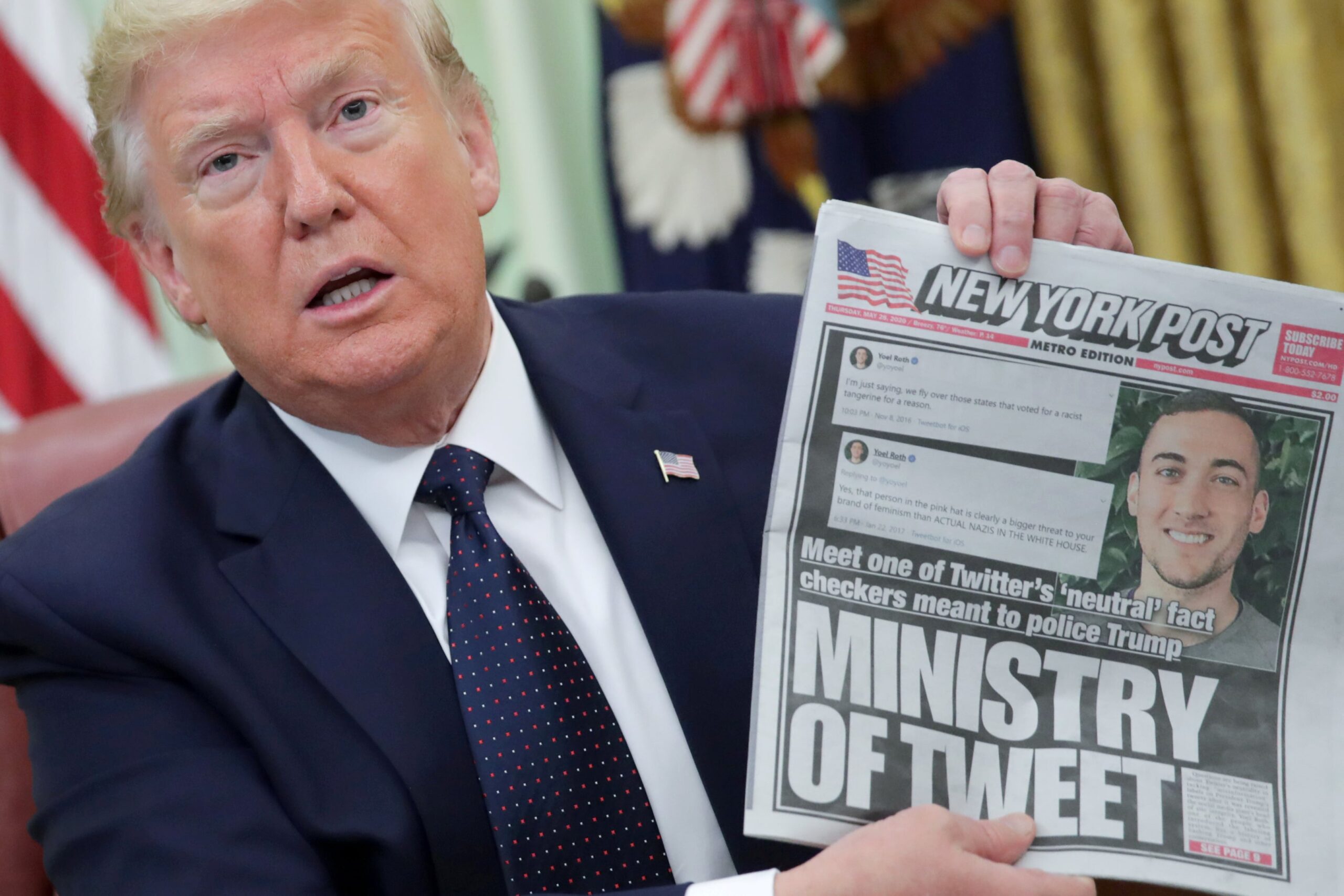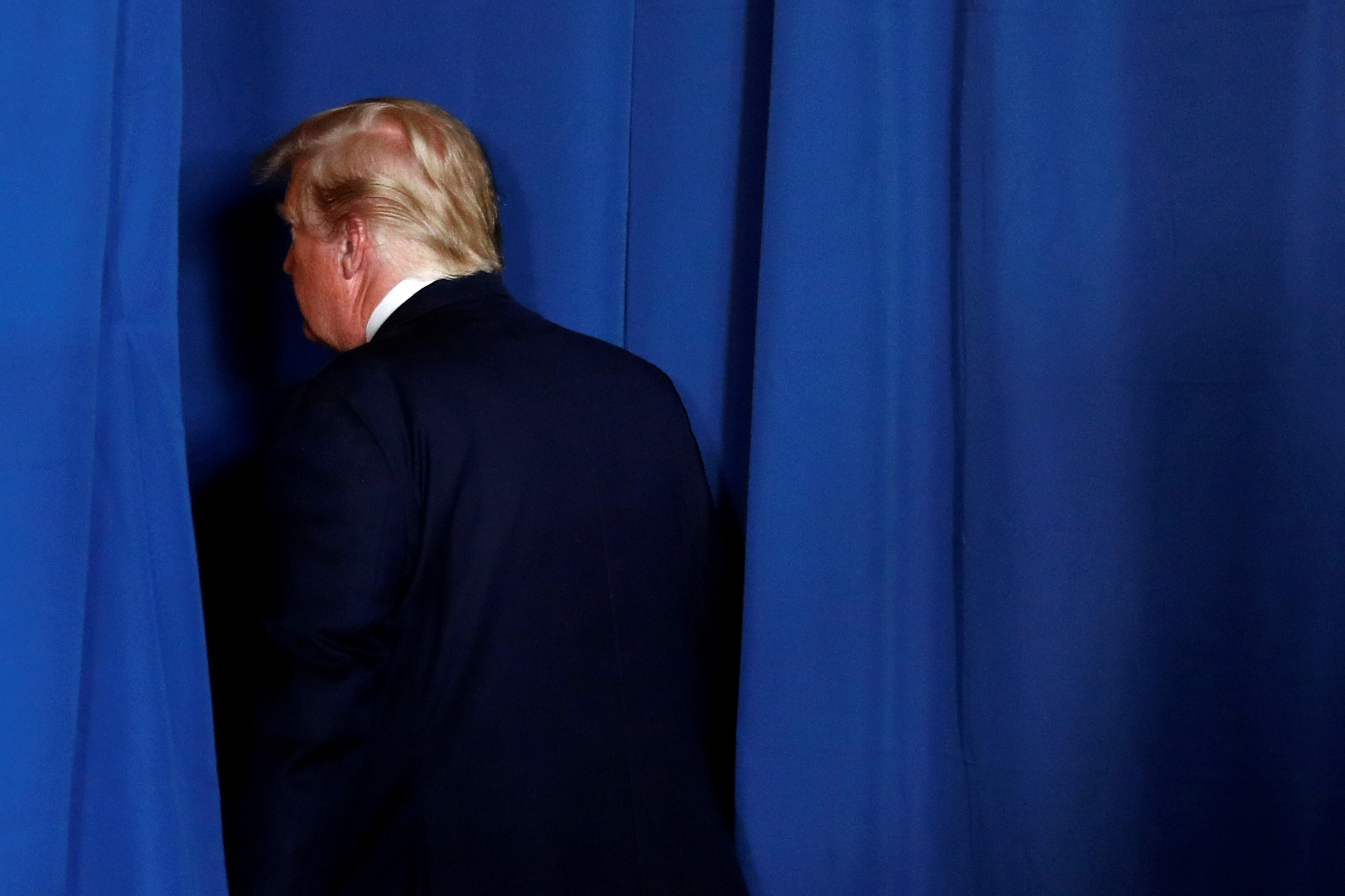Today, most political and social discussion occurs in the digital sphere, often on peoples' social media platforms. Seeing this, some public officials have opened Facebook and Twitter accounts to share important updates and engage with their constituents. But what happens when the official wants to remove a user who is posting critical feedback? This teacher guide uses the Knight First Amendment Institute v. Trump to show how First Amendment principles like public forum and viewpoint discrimination apply online.
Student Facing Expulsion for Social Media Posts Sues Naval Academy
The 21-year-old claims he is being singled out because of his political beliefs, and that students who wrote posts advocating for violence against police officers were not punished. Though the First Amendment generally protects public university student's right to express themselves online, experts say the extent of those protections may be different in the context of military institutions.
Federal Judge Temporarily Halts Trump’s WeChat and TikTok Ban
On Sunday, September 20th, a federal judge issued a preliminary injunction against President Donald Trump’s executive order that banned WeChat and TikTok from operating in the U.S. Trump signed the executive order on August 6th, citing national security concerns that the Chinese-owned messaging app and the video app were collecting data on Americans.
Tech Group Sues Over Trump’s Executive Order that Targets Social Media Platforms
On June 2nd, the Center for Democracy and Technology (CDT) filed a lawsuit against President Donald Trump’s executive order that authorizes federal agencies to review Section 230, a law that protects social media companies from lawsuits over the content published on their sites.
D.C. Circuit Rejects Laura Loomer’s First Amendment Lawsuit Against Tech Giants
The D.C. Circuit refused to revive a lawsuit filed by the conservative blogger Laura Loomer against Twitter, Facebook, Apple, and Google for allegedly conspiring to censor conservative views.
A new lawsuit brought by a Wisconsin family claims police in their town violated their daughter’s First Amendment rights when they ordered her to remove three Instagram posts that described her experience battling COVID-19 symptoms.
Twitter Removes More InfoWars-Affiliated Accounts
Among those suspended include InfoWars personality Owen Shroyer, who had recently used Twitter to promote a rally in Austin, Texas against the state’s stay-at-home order. Shroyer has used his accounts to discredit reports that hospitals are overwhelmed by coronavirus patients, though his account was not removed for this reason.
Appeals Court Rejects Request to Review Trump Twitter Case
"The critical question in this case is not the nature of the Account when it was set up a decade ago. The critical question for First Amendment purposes is how the President uses the Account in his capacity as President," Judge Barrington Parker wrote.






